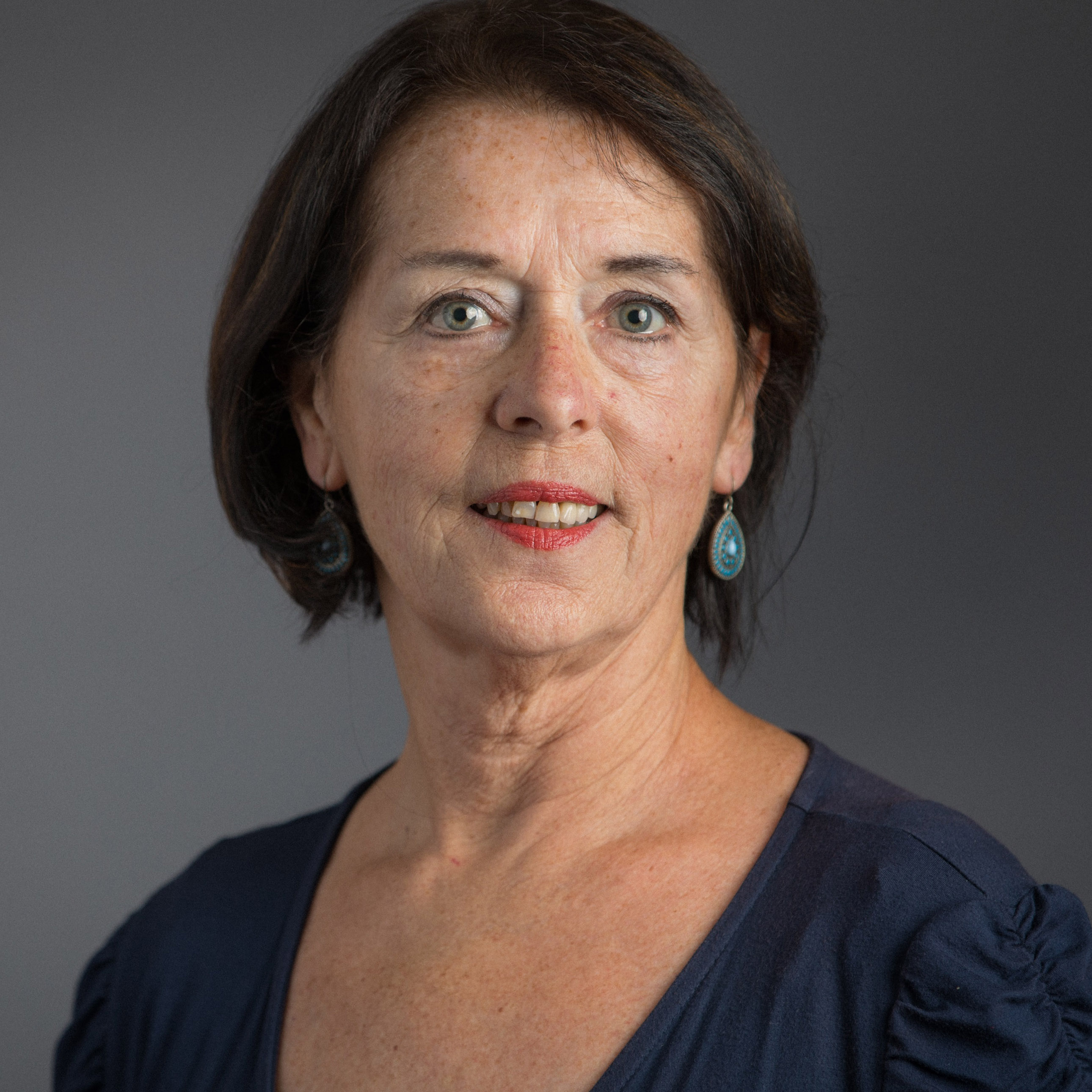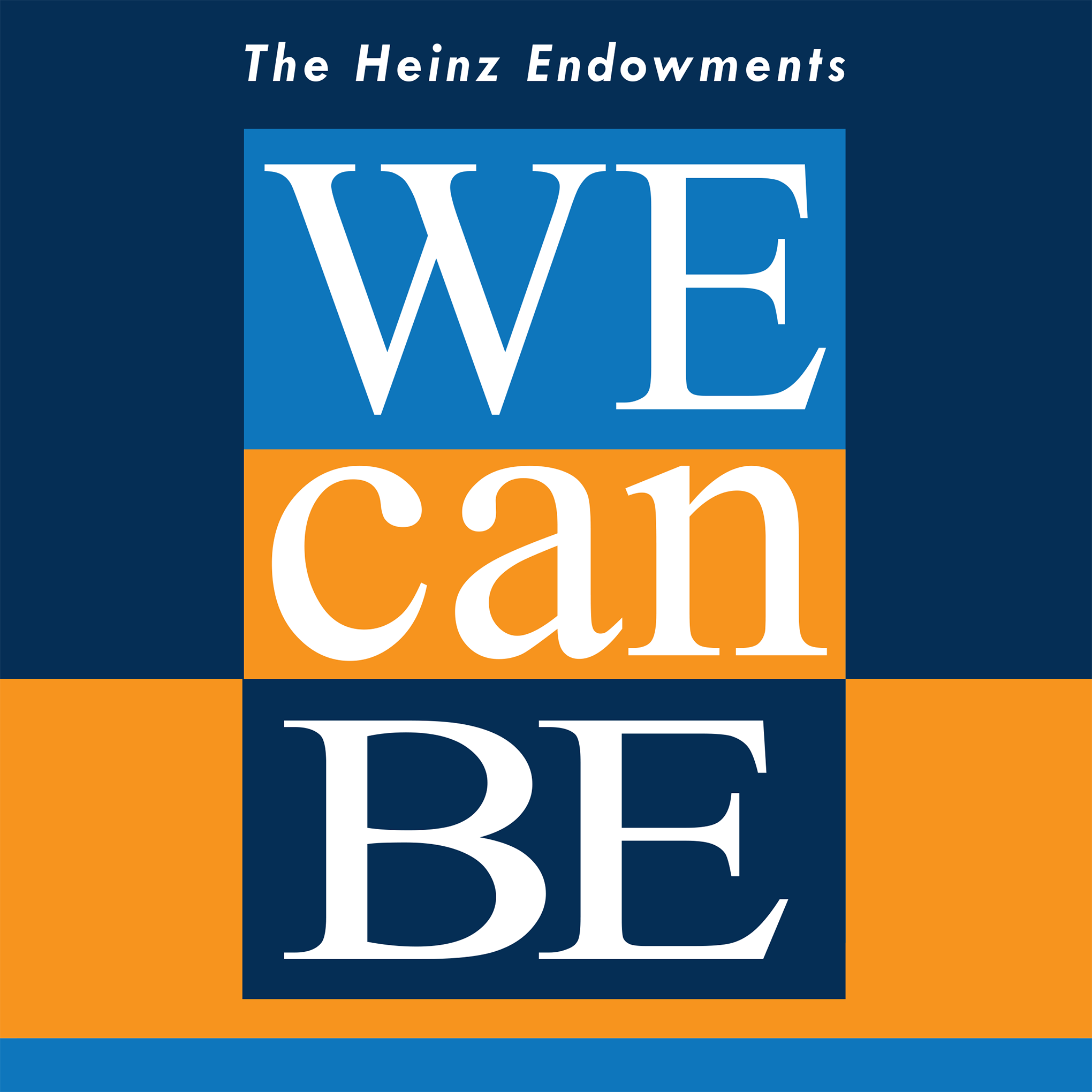Episodes

Wednesday Jun 27, 2018
Wednesday Jun 27, 2018
In 1978, Lois Gibbs was a young mother with a child in a school that was found to be built over a toxic chemical waste dump site. Lois gained international attention and incredible momentum in the late ‘70s and early ‘80s as she led the fight for environmental justice for children and families affected by the environmental disaster identified with the neighborhood where it occurred, Love Canal.
“I was waiting on someone to knock on my door and tell me what to do, to explain how I could help,” says Lois of the early days of revelations about the infamous Love Canal dump.
“But no one ever came to my door. So I did something on my own.”
Her persistent activism led to passage of the “Superfund” toxic waste site cleanup legislation. Lois went on to found the Center for Health, Environment and Justice, which has helped more than 10,000 grassroots organizations with technical, organizational or environmental education.
She appears in the 2018 HBO movie Atomic Homeland and was named a “top environmentalist of the past century” by Newsweek magazine. She has been honored with a Heinz Award and the Goldman Prize for her groundbreaking environmental work.
On this 40th anniversary of the Love Canal tragedy, Lois shares how she dealt with being called “a hysterical mother with a sickly child," shares the moment she most clearly saw democracy at its best and the key to success for today’s environmental activists.
"Average people and the average community can change the world,” Lois says.
Hear how she did it - and how you can, too - on this episode of “We Can Be.”
“We Can Be” is hosted by The Heinz Endowments’ Grant Oliphant and produced by the Endowments and Treehouse Media. Theme music is composed by John Dziuban, with incidental music by Josh Slifkin.


No comments yet. Be the first to say something!